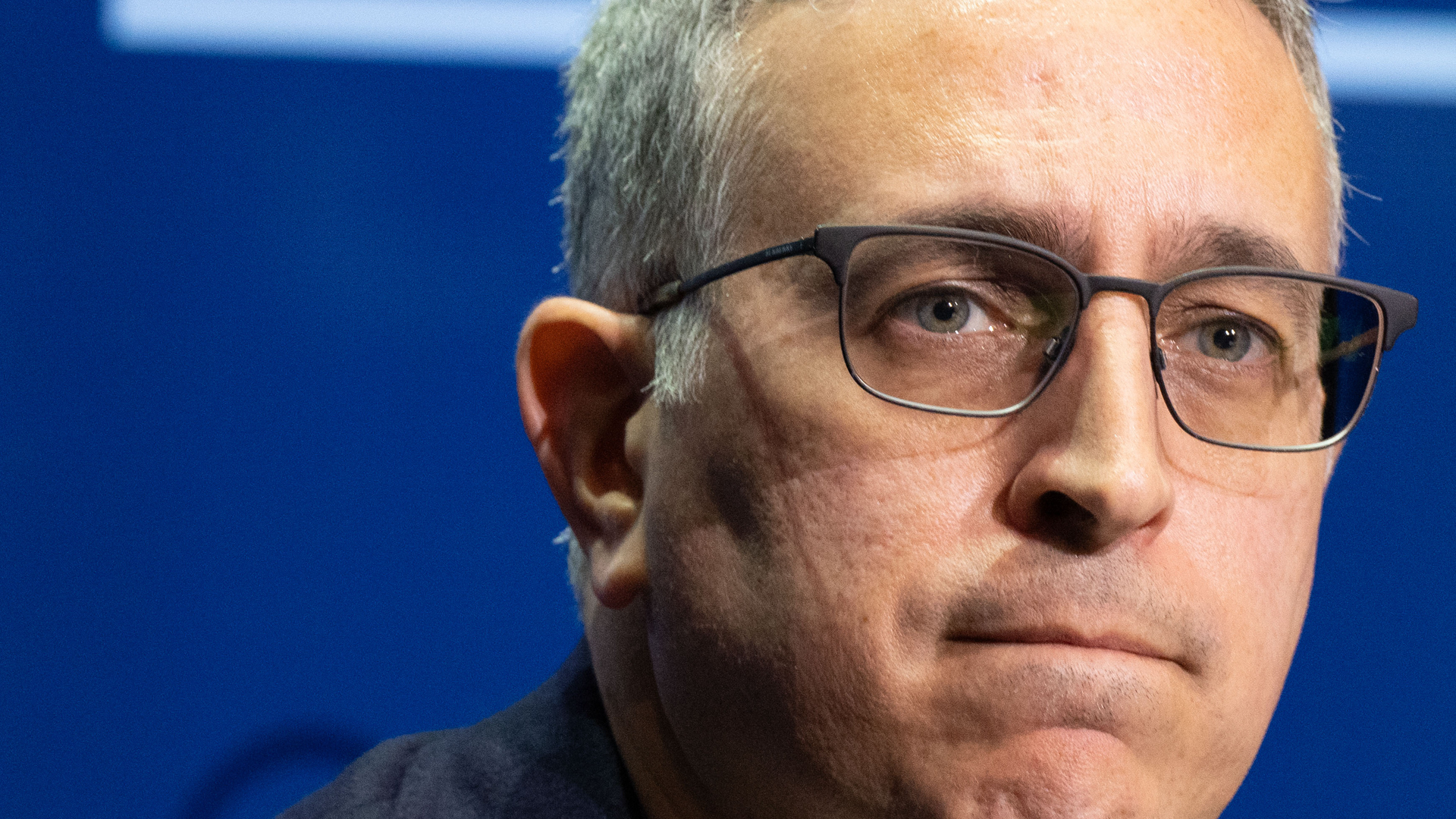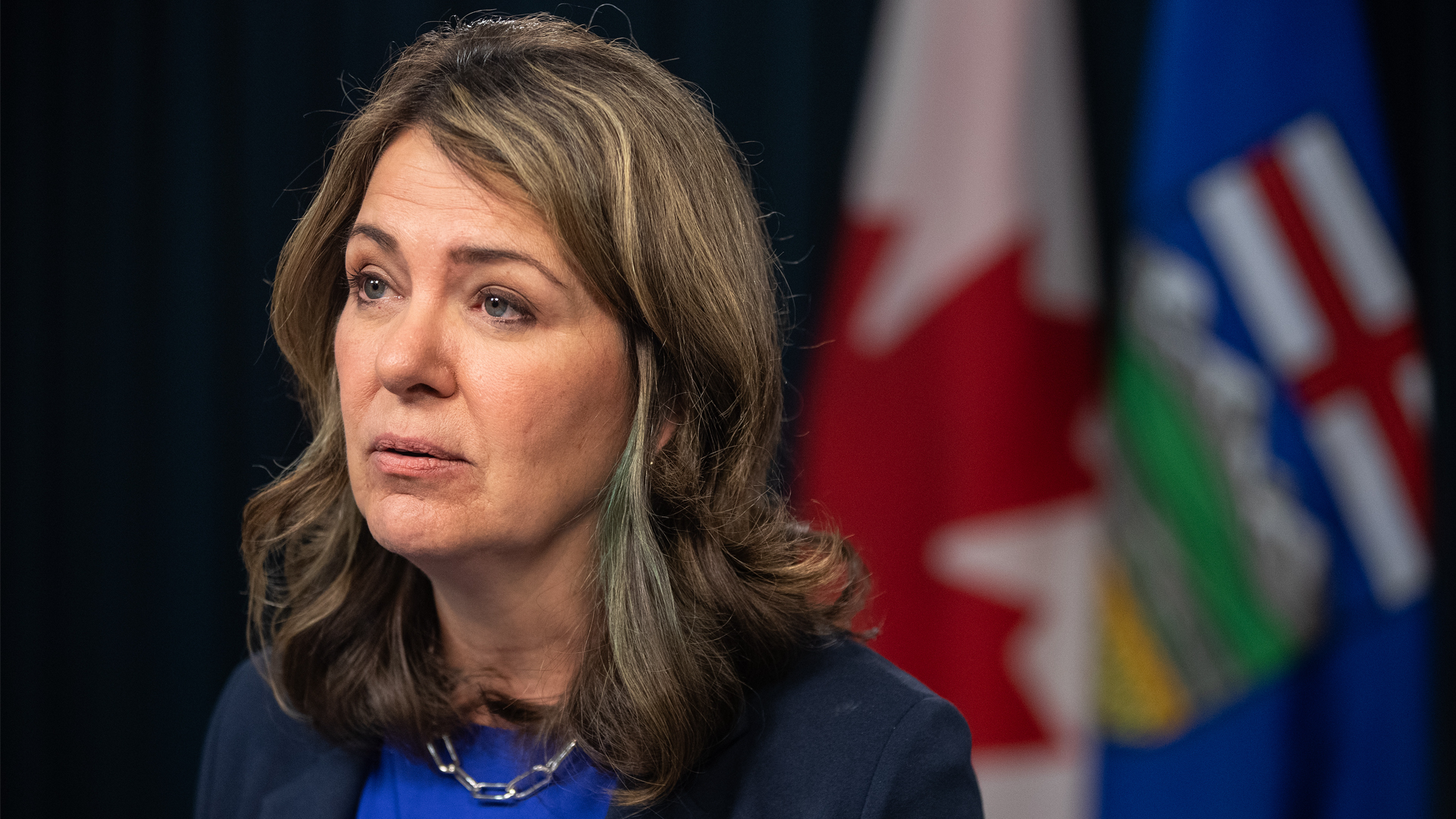
When the COVID-19 pandemic struck, governments of all shapes and sizes were forced to move quickly to protect the public. Aside from the immediate public health consequences, virtually every government department and agency realized that a range of policies and processes would need to be adjusted. Leading this decision-making was often the deputy minister. Working in conjunction with their respective ministers, deputy ministers have responsibility for a department’s operations, budget and program development, and have been engaged daily with the fight against COVID-19.
Since the arrival of the pandemic, many people have speculated about what its continued effect will be for government. We conducted a survey of deputy ministers, who as a senior group of decision-makers helped navigate the public service through the pandemic by managing the ongoing changes. Our findings show that deputy ministers were under tremendous stress, with many having trouble adjusting to the pace of change in their departments. As a result, many dropped traditional priorities in favour of more immediate needs. Those surveyed feel that severe financial limitations will affect their work for many years to come, along with a sharp increase in remote and virtual work environments.
The IPAC survey
The Institute of Public Administration of Canada (IPAC) regularly surveys deputy ministers. This data has been applied in the past to shed light on the thinking of senior government leaders. For instance, Patrice Dutil and Andrea Migone from Ryerson University recently used data from the biennial deputy ministers’ survey to track the long-term priorities of these leaders over a 20-year period.
Deputy ministers in Canada are a small group. In total, there were 269 in the federal, provincial and territorial governments as of April 2021. IPAC sent the survey to each of these individuals and received 40 responses – a roughly 15 per cent response rate. Of this group, 80 per cent served as deputy ministers in a provincial or territorial government, while 15 per cent reported working for the federal government. The respondents tended to be quite experienced, with 77 per cent of them having worked in the public sector for more than 20 years. There was roughly equal representation from men and women. Survey participants were assured their answers would be anonymous.
Serving the public in a pandemic
Being a public servant in the midst of a global pandemic was, unsurprisingly, challenging. Forty-three per cent agreed that traditional responsibilities and priorities were immediately dropped in favour of emergency response measures.
The respondents also reported high rates of burnout and stress (70 per cent), challenges meeting multiple deadlines (52 per cent), and trouble adjusting to the pace at which decisions needed to be made (47 per cent). The majority of the respondents (63 per cent) said their workflow increased; 59 per cent indicated that the length of their workday increased; and 52 per cent reported that their free time significantly decreased.
It is worthwhile acknowledging that deputy ministers already work at a torrid pace and are often subject to high levels of stress. As a result of these heightened work conditions, 80 per cent reported that personal stress increased somewhat or significantly, while 23 per cent indicated that their satisfaction with their job decreased.
Interestingly, only 27 per cent indicated that they found remote work to be a challenge. The public service has traditionally been somewhat resistant to remote work conditions, so one would imagine that an immediate pivot to remote and virtual environments would have caused a great deal of disruption to these organizations. Apparently, this wasn’t the case. In fact, most agreed that their teams were relatively successful in adjusting to remote work, with 55 per cent reporting that their departments operated at “about the same” level as they did prior to the pandemic.
This adjustment, however, did bring some challenges. Respondents indicated ongoing challenges with communications (55 per cent) and collaboration (30 per cent) during periods of remote work.
New challenges and opportunities
The deputy ministers surveyed identified a series of challenges they expect to continue in both the short term and long term after the pandemic. Chief among them are financial limitations.
Governments had to dig deep to keep Canadians healthy and safe. This mostly came in the form of income support of various kinds for those who were without work. Normal movement and patterns of commerce decreased significantly, causing a further revenue strain for governments. Most deputy ministers (55 per cent) identified the long-term financial limitations to be a pressing challenge for them in government. In contrast, only 22 per cent reported financial limitations as a challenge throughout the pandemic. It seems governments were willing to spend then, but this is expected to change. In short, they will be expected to do more with less in the future.
Those responding also expected burnout and stress (44 per cent) to be a significant challenge after the pandemic. Stress levels peaked throughout the pandemic and the work of recovery will undoubtedly be challenging. The deputy ministers expect this to remain a challenge. Canada’s public servants, therefore, should expect continued pressure and tight deadlines in the near term.
They also identified shifting government priorities (36 per cent) as another challenge. Governments will need to adjust quickly to changing circumstances and that means long-term agendas will be hard to pin down.
Respondents were near unanimous in thinking that remote work is now a feature of public service work (90 per cent). In this sense, remote work may be one of the most enduring changes, as most responding deputy ministers believed that there are inherent benefits to remote work – with 57 per cent believing that remote work gives them better access to talent, while 75 per cent thought sufficient supports are already in place for public servants to continue working remotely. Interestingly, 55 per cent changed their minds about remote work because of the pandemic.
Surveying deputy ministers provides us with a unique view of the role of Canada’s senior government leaders. Like most Canadians, the pandemic stretched this group to its limit. The pandemic is certainly not over but planning for the future has already begun. Public servants now must prepare to do more with less and in a prolonged remote environment.










